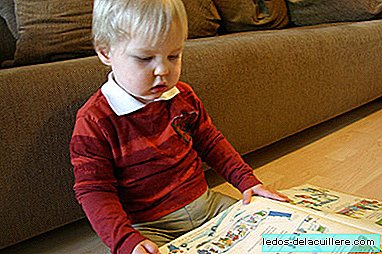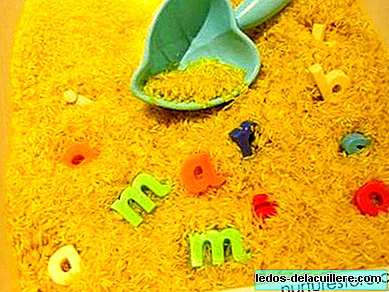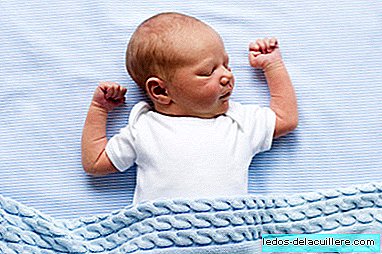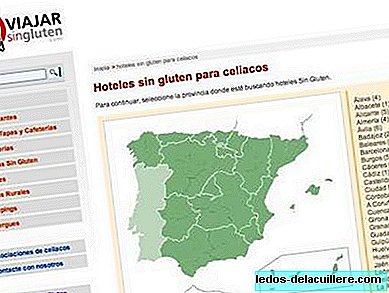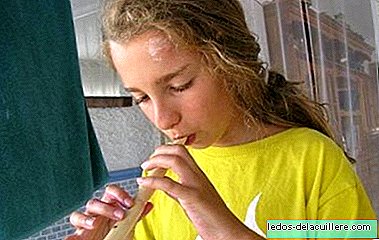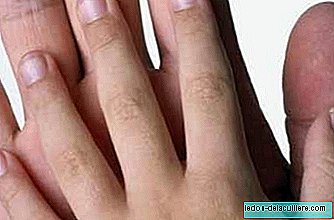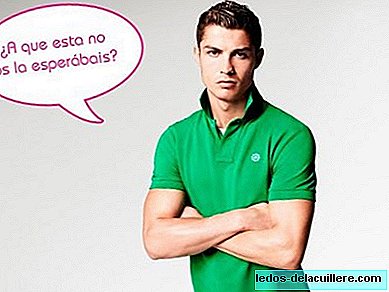In Spain there is no national registry of donors and therefore the number of them is unknown, what we do know, from the data issued by fertility clinics, is that there is no shortage of donors in our country. Also, unlike other countries in our environment such as England, Finland or Sweden, The identity of the donor is protected by the Assisted Reproduction Act of 1988.
But the dilemma here is in knowing if we talk about mere Donors or parents. Why in Spain the identity of the sperm donor cannot be known I have to do precisely because of that problem. For me, of course the thing is very clear; The two things do not have to be the same.
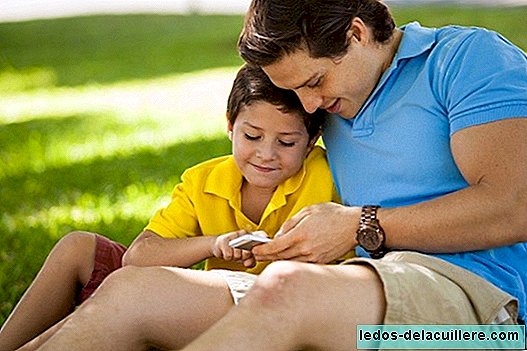
That your child carries part of your genes does not make you father or mother
I remember many years ago, when I was not a father or had that idea in my head, to be talking with my grandmother - a woman of very clear ideas - about couples who adopted children. She told me that that was very good, that there shouldn't be abandoned children out there, that better to give them a home, but that those children could not be like your children, they did not carry your blood. I remember that the discussion did not end very well (really, no discussion with my grandmother ended well as you had the audacity to take the opposite) but I will not bore you with the details, suffice it to say that by then I was clear. Being a father is much more than sharing genes with your child.
Now that I am much older and I already have two children and much less hair than at that time I have it even clearer. Being a father or mother is not just something biological, that would be a very small piece of the cake (maybe in mothers it could be a little more due to pregnancy and childbirth), Being a father is even more than loving your children, is to educate them, is to be there with them, live day to day, cry, laugh, get angry, run, confidences, games, rush, suitcases, experiences ... etc.
That is why I believe that being a sperm donor does not make you a father and therefore, both the identity of the donor and that of the mother who receives the sperm should remain anonymous and only if all parties agreed, only then should it be disclosed. the identity.
The right of a child to know who his father is
It would be necessary to return to the previous point and take into account who you consider as a father, but it should be taken into account that a sperm donor has no intention of being a father, would not even have had any relationship with the mother, your conception was not a product of a relationship but of a medicalized process. Yes, I know it sounds a bit cold, but it is that love, social relations, family came later.

Some facts about sperm donation
The conservation ideologist the male sperm was Paolo Mantegazza what in 1866 He founded the first sperm bank for veterinary use. The idea was also to investigate in order to preserve the sperm of the soldiers who were going to war so that, in case of misfortune, they could subsequently inseminate their widows.
The first insemination with donor semen dates from 1909.
In 1972 was created in France the Center for the study and conservation of human semen (CECOS) integrated to the Public Assistance whose mission was to collect anonymous donations to keep them for marriages that could not have children.
Except in the United States and some other country, substances originated by the human body, such as blood, semen or organs can not be marketed, so we talk about semen donations and the payment given to donors is minimal due that it is not a payment for his semen but for the inconvenience that the whole donation process incurs. In Spain it depends on each center, but the average is around € 50 per donation.
How is the donation process in Spain?
These are the processes that a donor must go through in our country
The donor has to go through different tests before he is considered fit. A blood test to rule out diseases such as HIV or hepatitis that will be repeated after three months, a general genetic analysis to also rule out diseases, but some genetic tests specific to each center. Further, a psychologist will assess the ability from the donor to be and the absence of mental disorders.
Once the donor is declared eligible, he is allowed to make ** 12 donations **, although the law does not allow more than six pregnancies from the same donor.
As we said before Donor identity remains anonymous and only in case of serious illness in which it was necessary to make tests to the genetic parent would he be contacted from the clinic where he donated and would only maintain contact with the doctors of this and those who performed the tests, ** in no case with the family of the son or with this one. **
In countries such as the United Kingdom, the number of donors has declined since the moment the identity of the child was no longer protected, something that was already expected, but not in the number in which it has done so. And it is that as I said before, it is one thing to donate your sperm so that a woman or a couple fulfills their dream and another very different is that your dream is to be a father.
Other initiatives that are emerging are these days is self-insemination, that is, you buy an insemination kit from a laboratory and you do it at home, fast, simple and much cheaper than attending a clinic.
What do you think of them? Do you think a donor is a father or simply a dream aid for many women and men?


